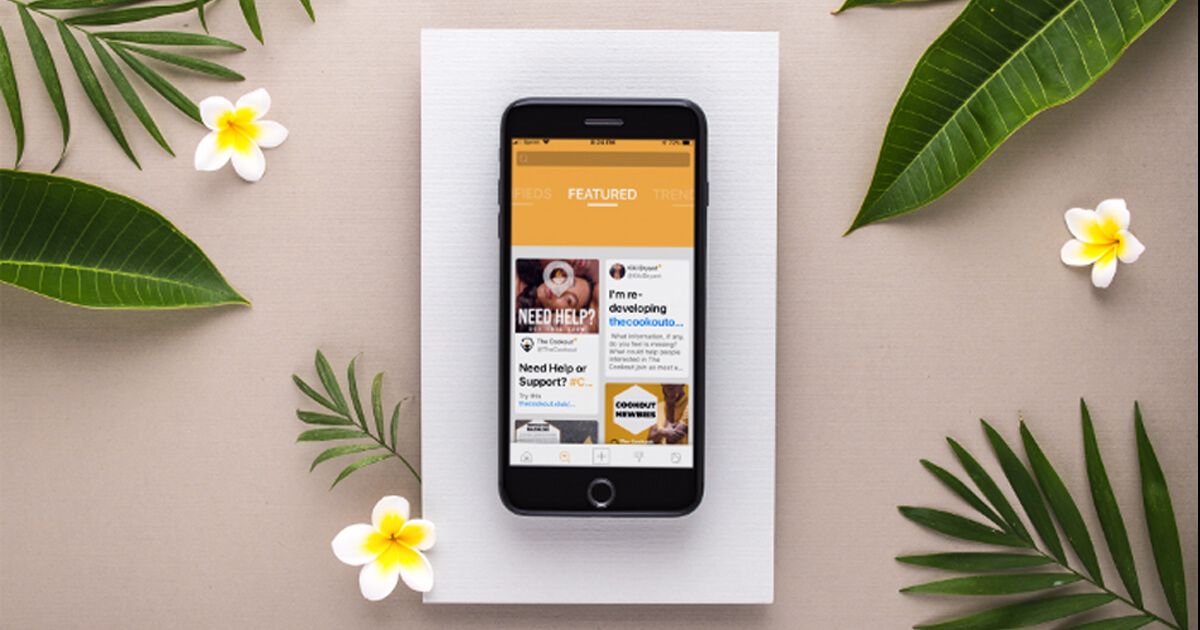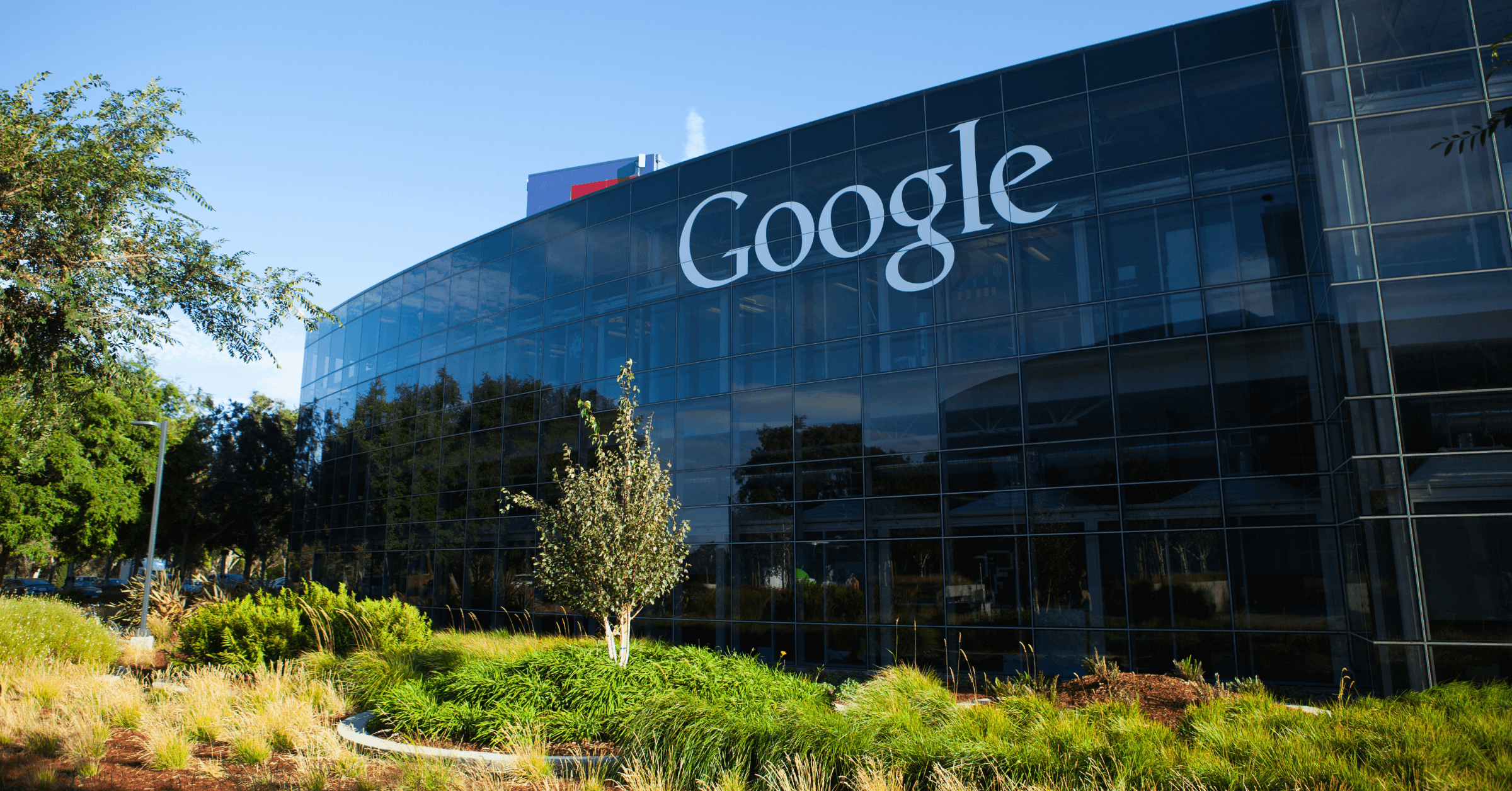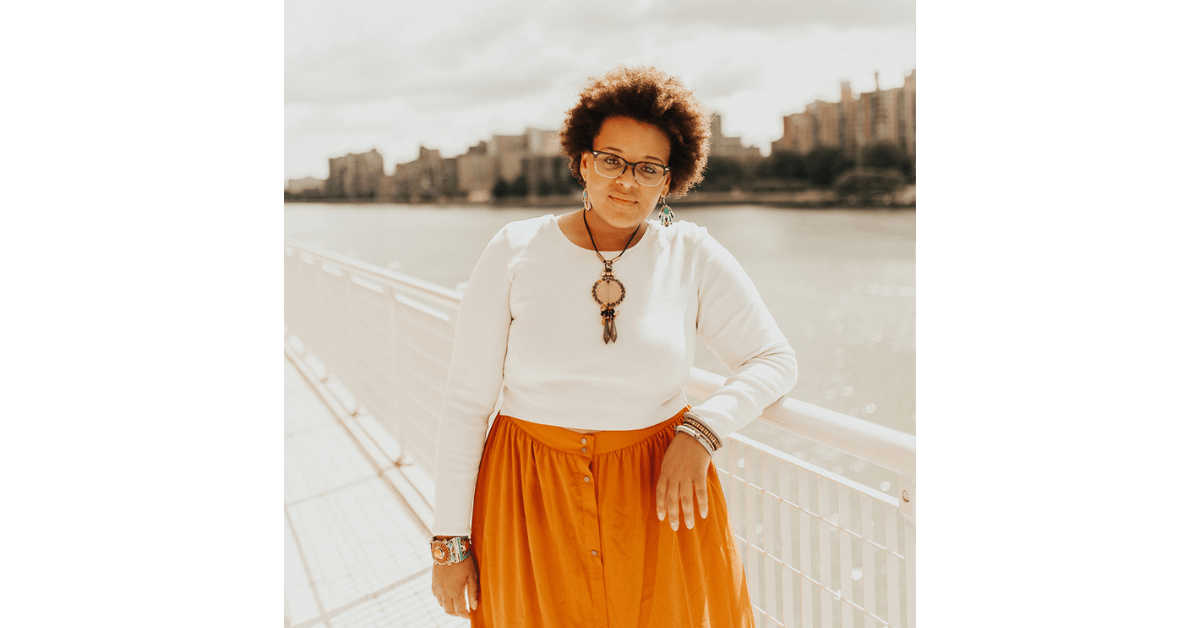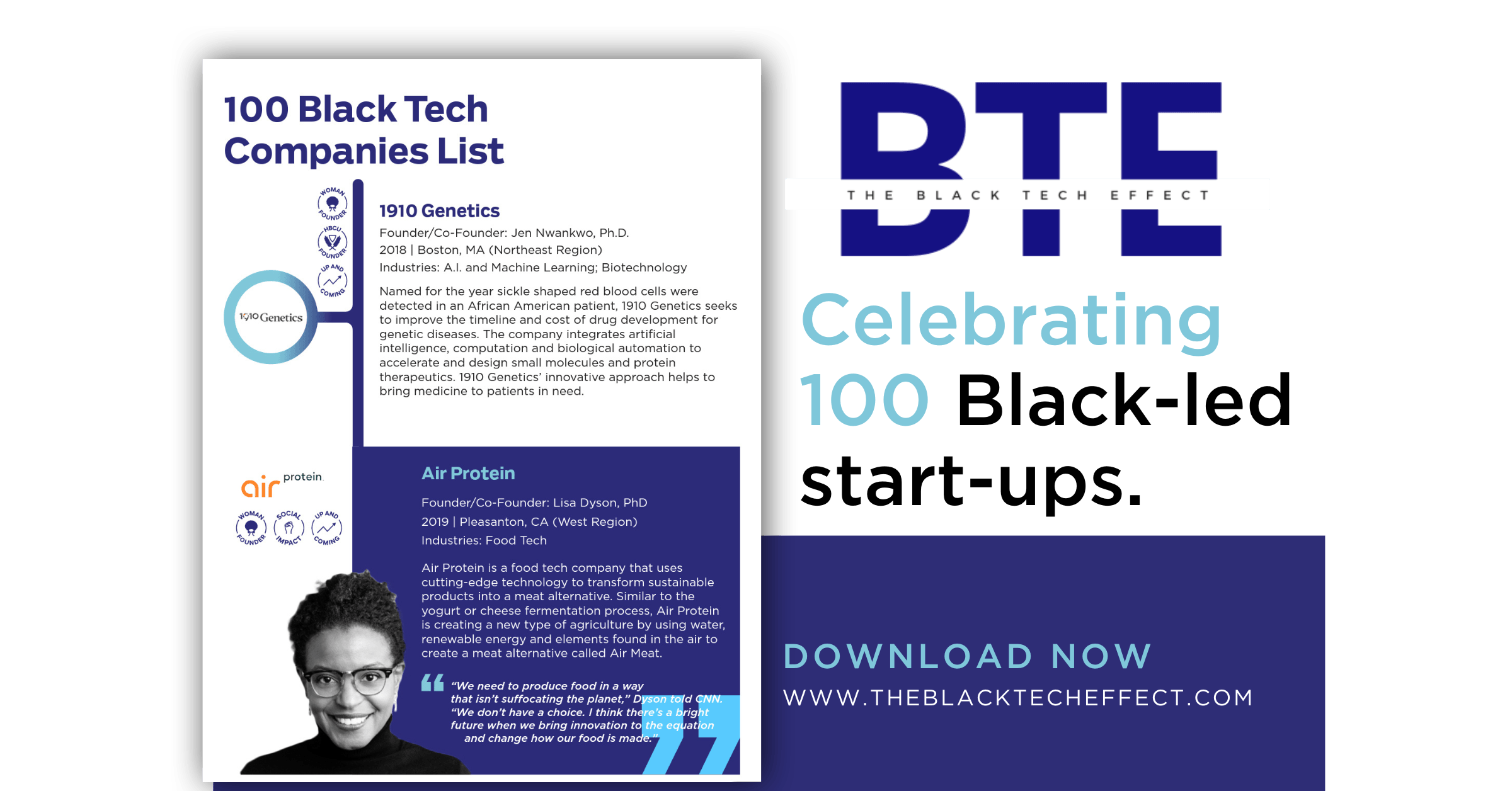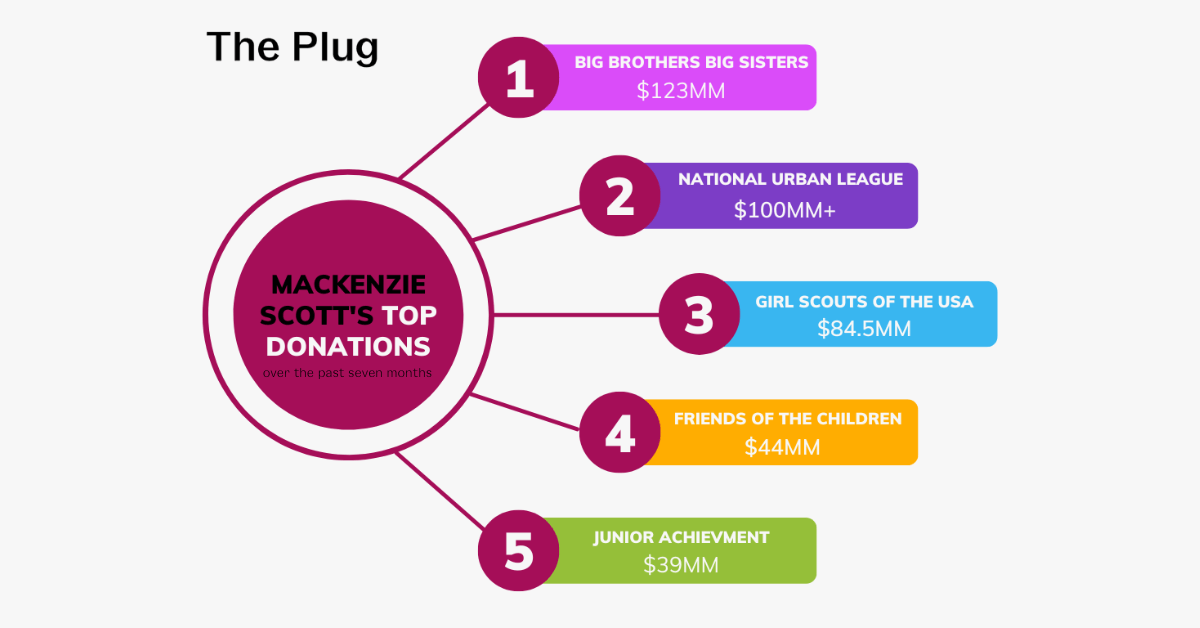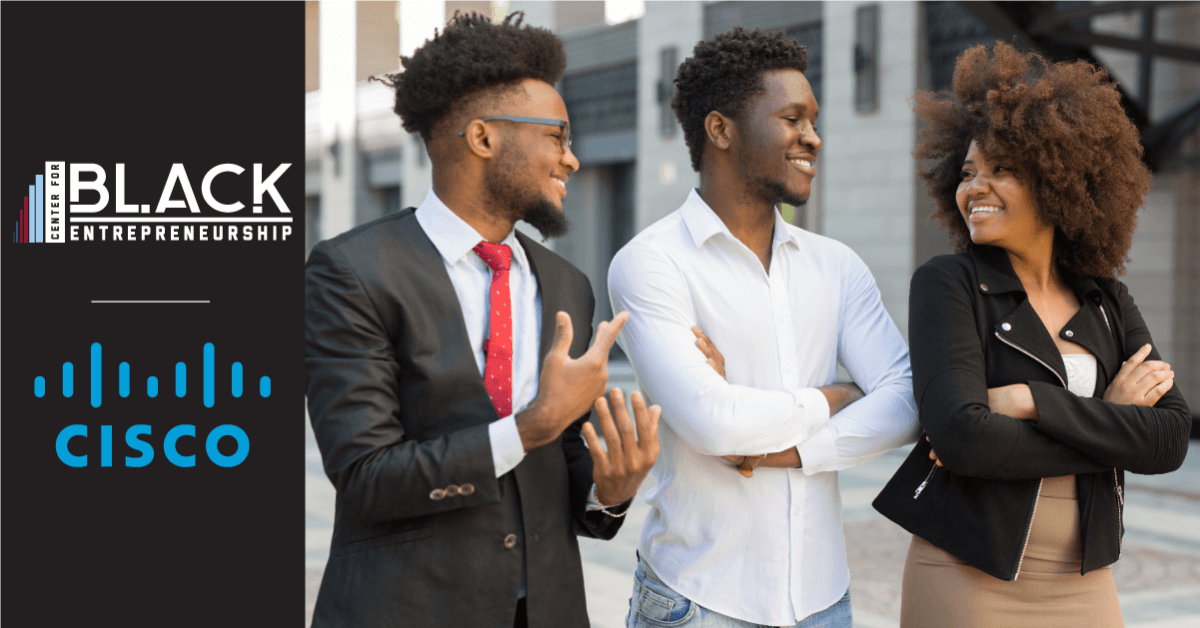Kiki Bryant and her cofounders, Cassandra Osei and Atiyya Hassan, had a novel idea for a Black-led social media company, or so they thought. So when Bryant and her cofounders intentionally bootstrapped and launched The Cookout App in August 2019, a place where less racism, sexism, and homophobia existed for like-minded Black individuals to gather online, they never anticipated that another company, bearing the same name and a similar concept, would emerge less than a year later.
But in November 2020, Bryant became aware of The Cookout, founded by Brylan Donaldson, Bobby Gay, and Diaundra Jones. The company has since changed names to Seventh Avenue, which Byrant suspects is in response to a cease and desist letter she sent. The second company positioned itself as a place to celebrate Blackness in all its forms by bringing humanity back to conversations.
The Plug reached out to the founders of Seventh Avenue and a lawyer identified as the company’s legal representative. They declined to comment and did not respond to our requests respectively. The founders behind the company that cropped up with Bryant’s company name and a mission that resembled her own were not completely unfamiliar. A Cookout cofounder, Osei, went to the same college as Donaldson and Gay are all alums of the University of Kansas. Donaldson and his team were also able to capture an undisclosed amount of venture support from MaC Ventures and from celebrity endorsements like rapper Royce da 5’9, Charlemagne The God, and Master P.
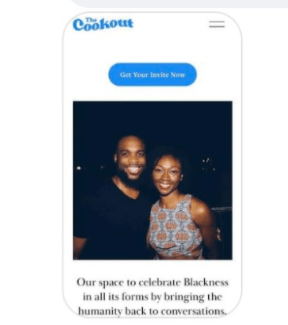
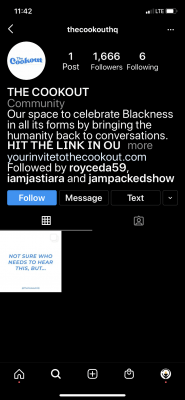
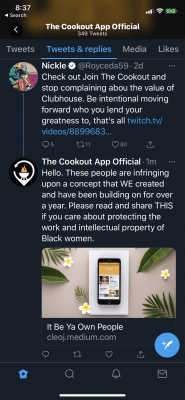
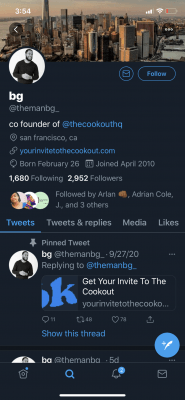
The second Cookout company also rebranded its mission to the following: Provider of an interactive audio platform intended to connect people, build community and have conversations. The company’s platform mobilizes black communities through shared experiences and transformative conversations, enabling black communities to symbolize strength and power by sharing and having quality conservation. But Bryant said her brand has already been damaged. Users who mistakenly came to The Cookout instead of Donaldson’s company encountered different features, like no audio capabilities, became confused, and frequently failed to adhere to guidelines around anti-homophobia and anti-sexism, according to Bryant.
We have had to deny almost 85% of the people who have applied for not being in line with our community values, Bryant told The Plug. People are still confused and coming across posts by the people promoting our infringers, coming over to us and thinking that we’re them.
Internally Bryant’s company has had to divert resources, like work her developers have to do, employees spend hours manually reviewing new users, and the delay in the company’s relaunch to deal with what she describes as an infringement.I made changes to my application to know which users are confusing us with our infringers. We now have an exact amount of people seeking our infringers, Bryant said.
I’ve created an algorithm that calculates damage and opportunity costs per user. So far these people owe us over $100,000 in damages if we choose to pursue it, not counting in the stress and anxiety that comes from dealing with this. Treble damages, which triple a plaintiff’s compensatory damages if a court rules in their favor, could drive compensation to over $300,000. While Bryant’s calculation could make a compelling argument in court, Ashley Kirkwood, an enterprise intellectual property lawyer and founding attorney of Mobile General Counsel, said the veracity of Bryant’s calculations would come into question if a civil case ensues.
Frankly, in a civil action, it may be possible for [Bryant] to leverage whatever algorithm she’s come up with and use it persuasively with the other party to come to some sort of a settlement, Kirkwood told The Plug. Winning for [Bryant] may be that they just stop using the name, they agree to withdraw any trademark application they might have sought and ceased use. The Cookout LLC has been a registered trademark as of September 2020. As such, the brand would enjoy privileges under the law that prohibit the dilution of what makes the company unique, including the use of its name.
Now I have to spend more resources correcting that confusion, reestablishing who we are, and making sure people, in the future, know who we are and who they are as our infringers. We’ve gotten a lot of backlash for doing that but how else are we supposed to correct the damage that they’ve done and so people don’t come here expecting us to be something we’re not? Donaldson’s company changing its name is in no way an admission of guilt. An active cease and desist letter has been issued and was reviewed by The Plug. Requests must be complied with by February 22, the name change may be a way to resolve the matter, quickly, quietly, and inexpensively.
An admission of guilt in the basic form would mean admitting you have liability., If they have legal representation that’s remotely good they would never admit guilt even if they are guilty, Kirkwood said. Whether your client is wrong or is right, your objective is the same, save the business, protect the client to the best of your ability within the bounds of the law. Kirkwood estimates that most startups spend less than 10% of their revenue on legal counsel and that for Black-led companies legal representation must be a part of the business even from the ideation phase. In her practice, when it came to cases of intellectual property infringement, it was rarely ever a white company going after a Black company’s ideas.
We have not had many instances of trademark infringement being a white company swooping in and trying to steal from a Black company. That does happen, but because of the demographic that we serve, predominately Black and brown and or women-owned businesses, it’s been people that we’re pretty close to the person, Kirkwood said. While the situation of distinguishing her company from Donaldson’s venture-funded company with more public support has been challenging, Bryant is still confident that the matter will work out in her favor.
Believe Black women, if you are still counting us out and relying on a lack of knowledge and resources to protect ourselves, that will be your undoing. People have been colonizing Black intellectual property from the beginning of time because of a lack of resources to protect ourselves, Bryant said. Through advancements in technology, people who count on their ability to steal from Black people to create their businesses or concepts will find themselves out of a job.

